
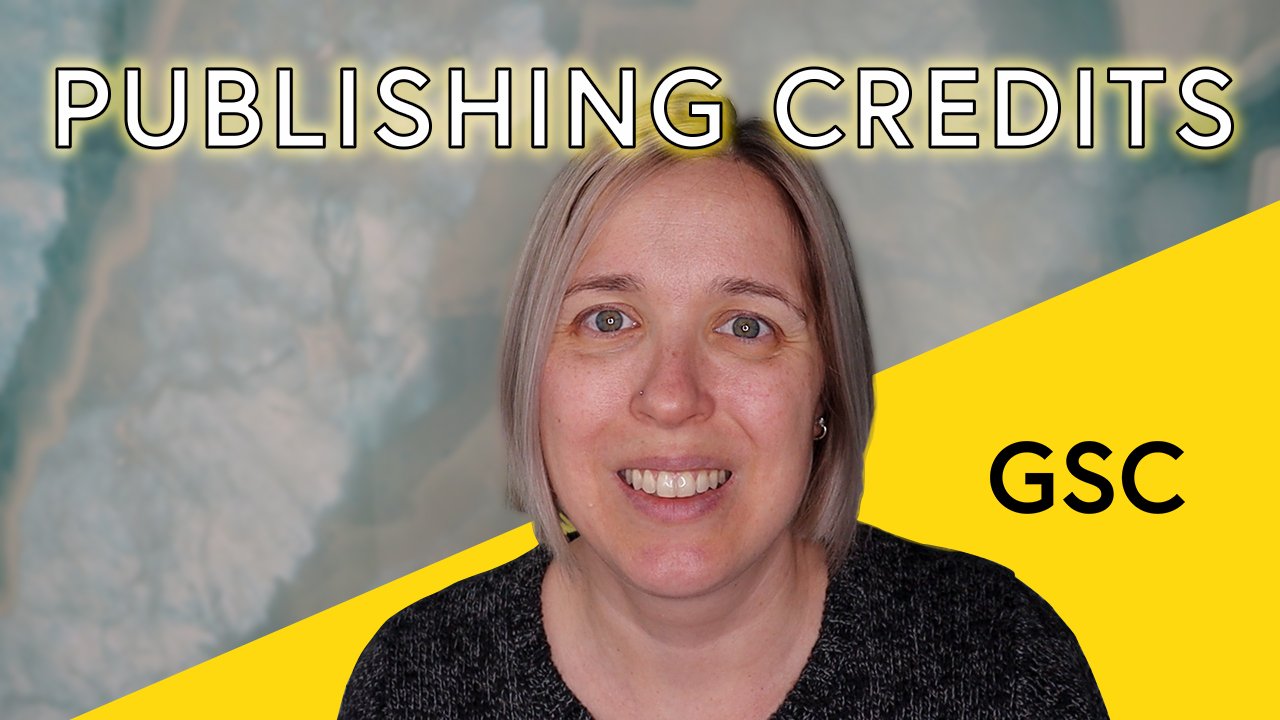
Publishing Credits
If you're a non-fiction or memoir writer, here's essential advice on how to map out your path to a book deal.

Picture Book Word Count
How long can a picture book manuscript be? What if mine’s much longer? Or much shorter? Will I be automatically rejected by an agent? What if my story needs those words? Are there different lengths for different types of picture book manuscripts?
Let’s answer these questions.

Episode 35: Gretchen McNeil, YA Horror/Suspense Novelist
Dark YA novelist Gretchen McNeil joins Mary in an episode all about recognizing and executing a good story idea. They discuss the shifting young adult book market and embracing diversity, mastering storytelling structure and the importance of shaping the reader's experience, and the controversial subject of IP development.
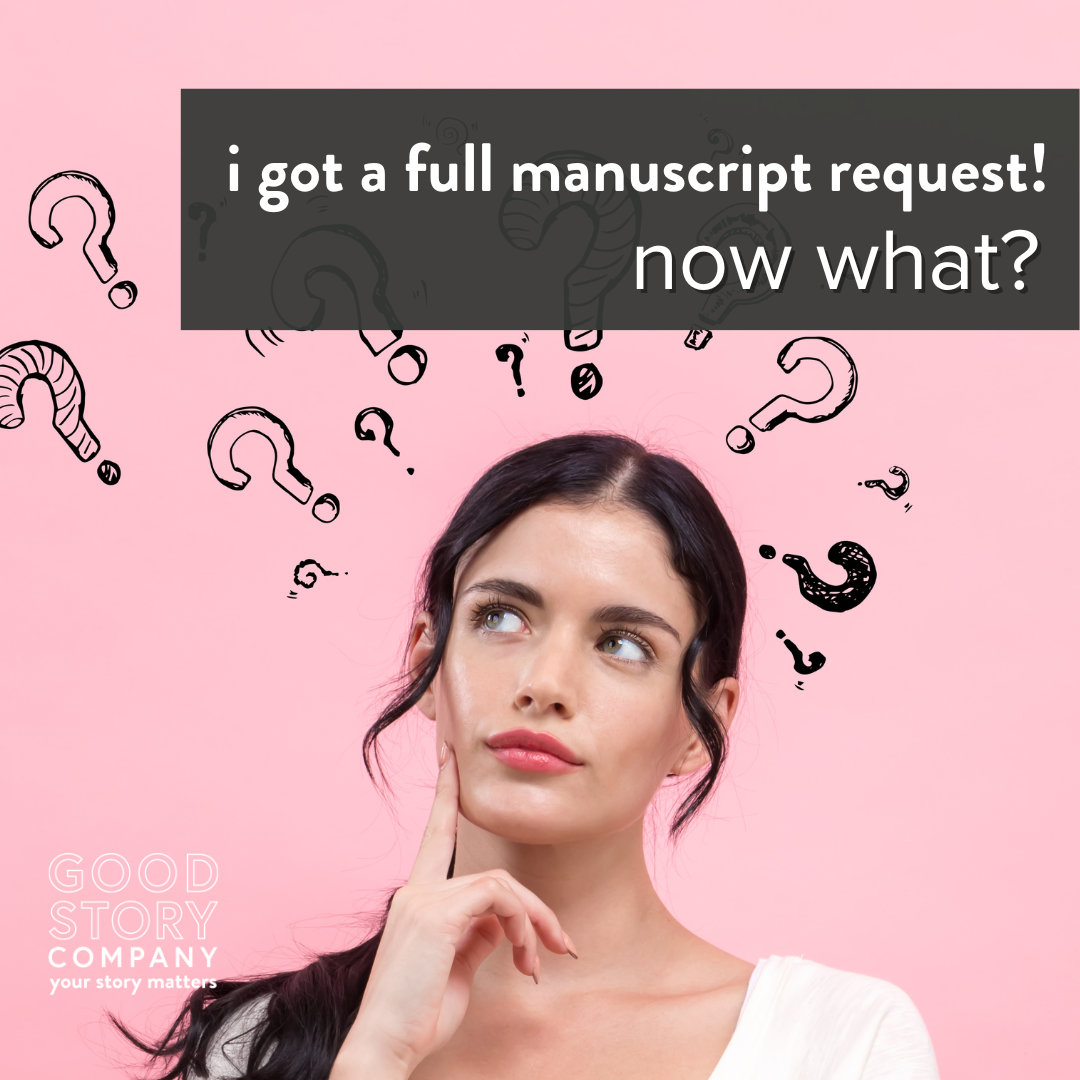
I Got a Full Manuscript Request! Now What?
You got a full manuscript request. Cue the panic. Now, how should you polish an entire novel or memoir for submission so every page sings—without wanting to gouge out your eyeballs? Follow these ten steps!
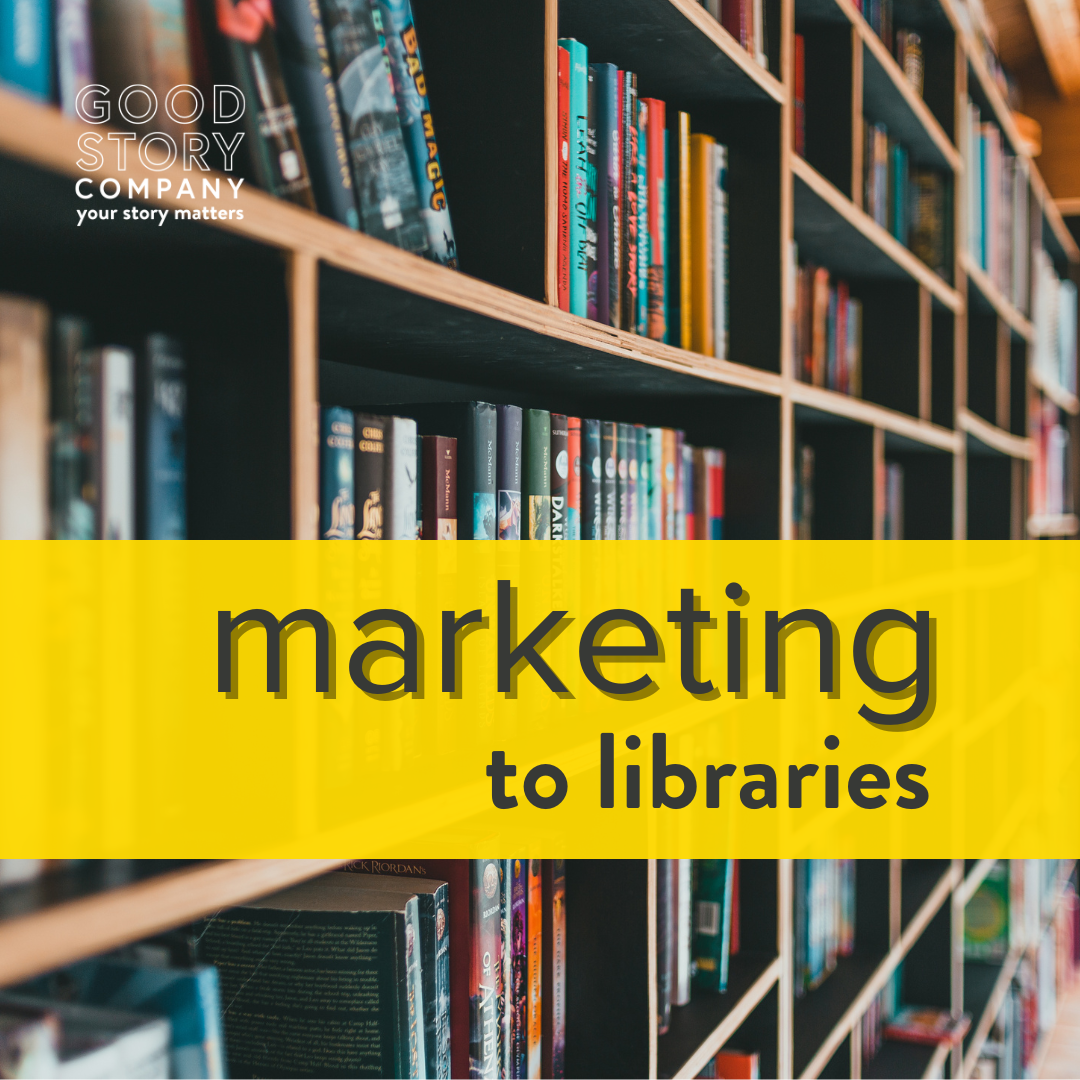
Marketing To Libraries
If you’ve written a book, you’re probably considering marketing to libraries—especially if you’re a self-published author. As such, you’re the direct link between your work and the rest of the world—no fancy marketing departments to help you out.
So how do you approach marketing to libraries?
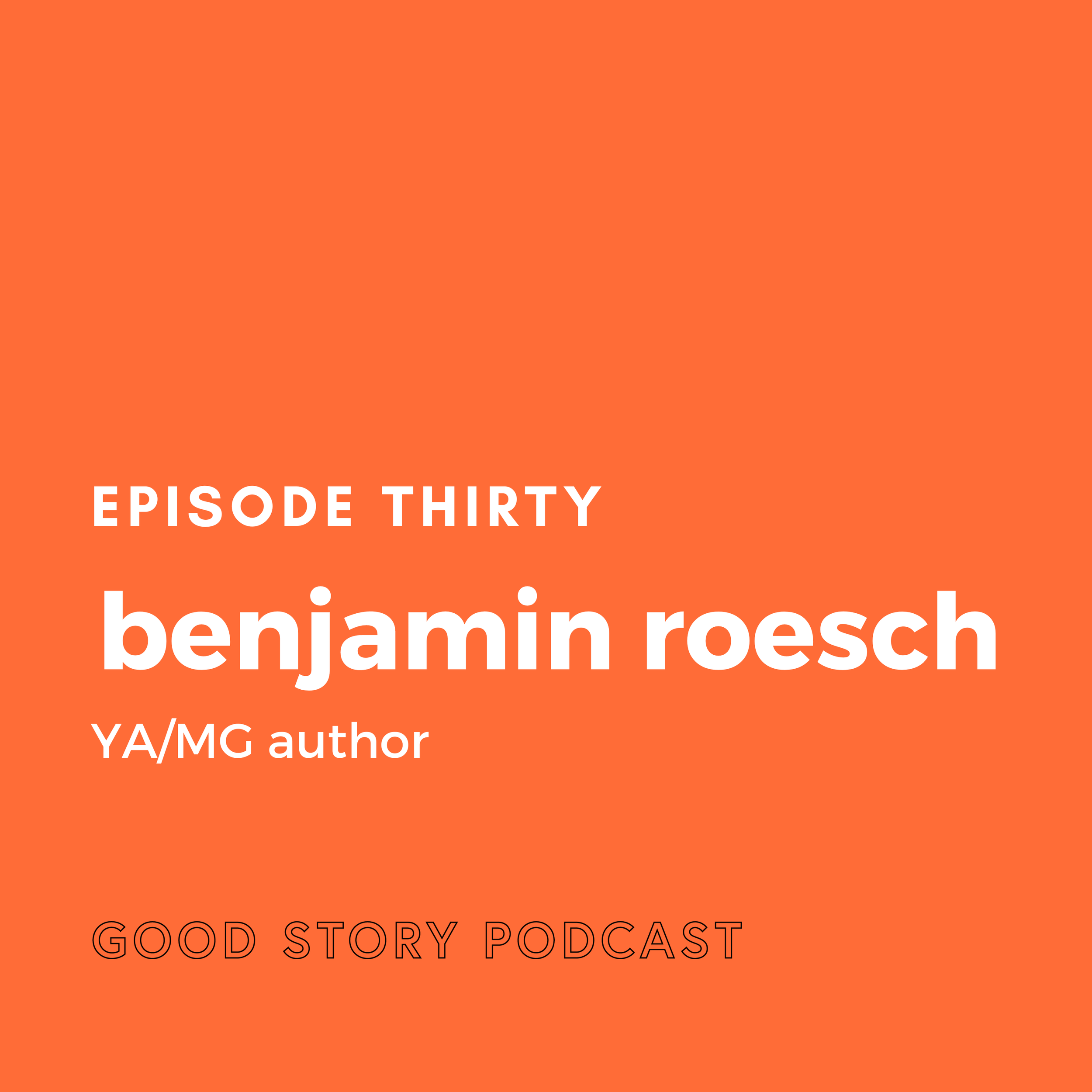
Episode 30: Benjamin Roesch, YA/MG Author
Benjamin Roesch joins us to talk about his debut novel—but not his first novel—published with LGBTQ+ young adult indie publisher Deep Hearts. We talk about turning short stories into a novel, coming of age fiction, and being an older debut writer.
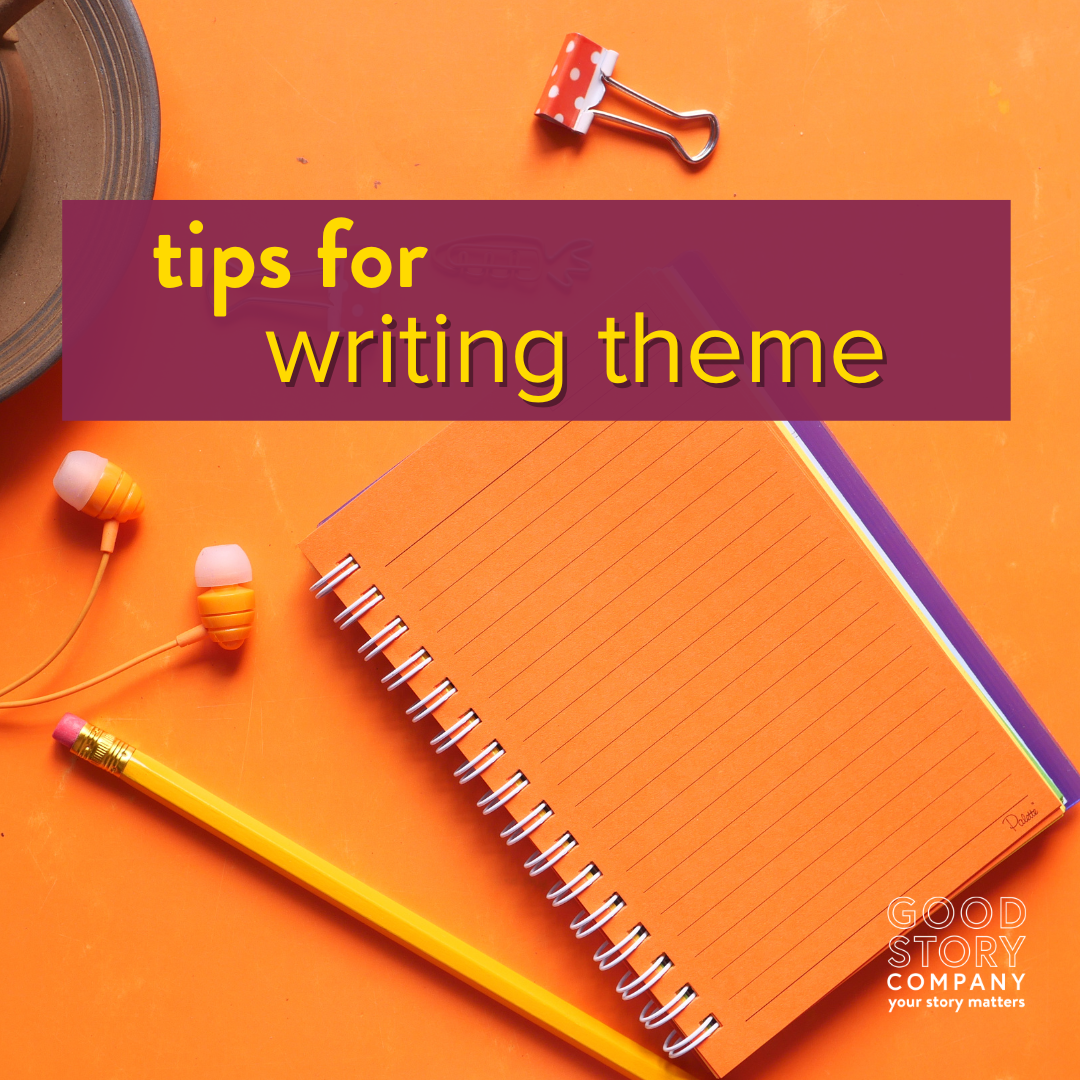
Tips for Writing Theme
The act of writing theme is an important ingredient in storytelling, but it doesn’t have to resound with Meaning-with-a-capital-M. In fact, theme works best when it’s subtle and even open to interpretation. Here are three tips that’ll help you incorporate theme into your story.

Advice for Beginning Writers
Some writers have been scribbling stories for so many years, they can’t remember a time when they weren’t writing. Others—like me—specifically remember when they decided to attempt a novel and began typing their first paragraphs. I want to share some advice for beginning writers here who might be feeling overwhelmed, insufficient, or daunted by the road ahead.
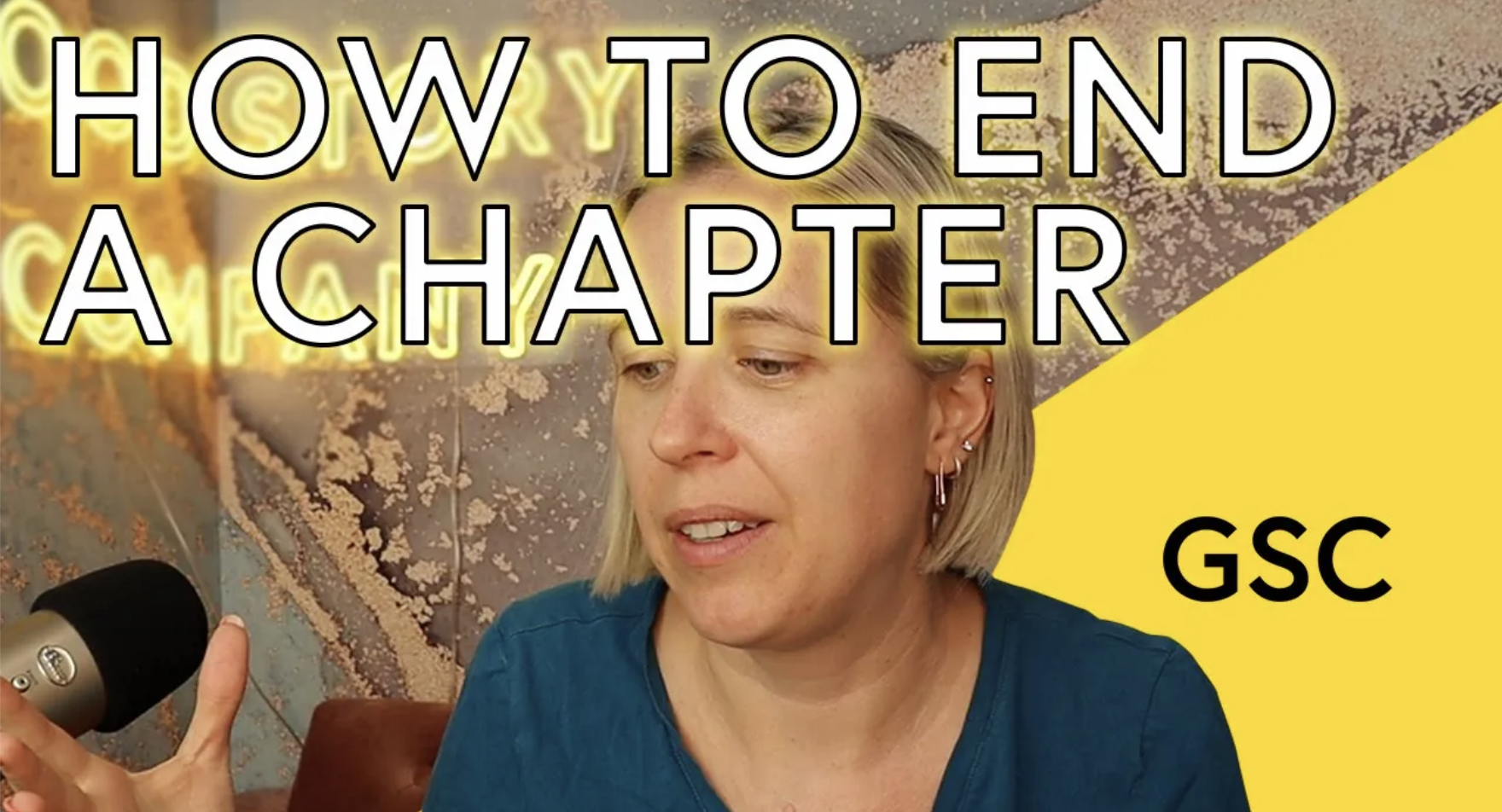
How to End a Chapter
Approaching how to end a chapter is tricky territory. It’s very easy to lose your reader in the white space and page break there, unless you give them a reason to stay and turn the page. Distractions are always beckoning, and nowhere is your grasp on your audience more tenuous. Check out this video to learn how to end your chapters in a compelling way!
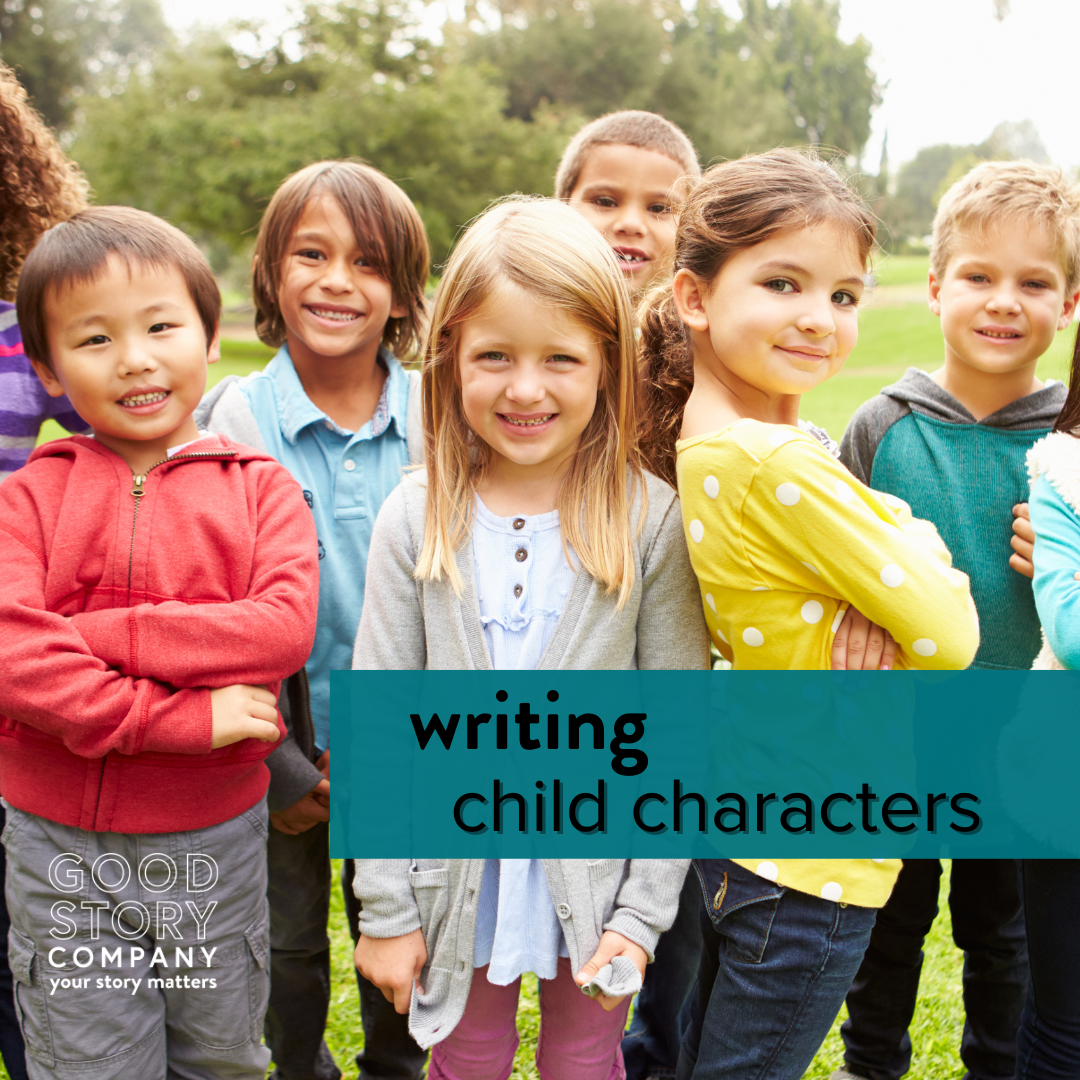
Tips for Writing Child Characters
Whether you’re writing a picture book, a chapter book or a middle grade novel, the star of your story is a child character. Here are some tips on how to write a believable child character.
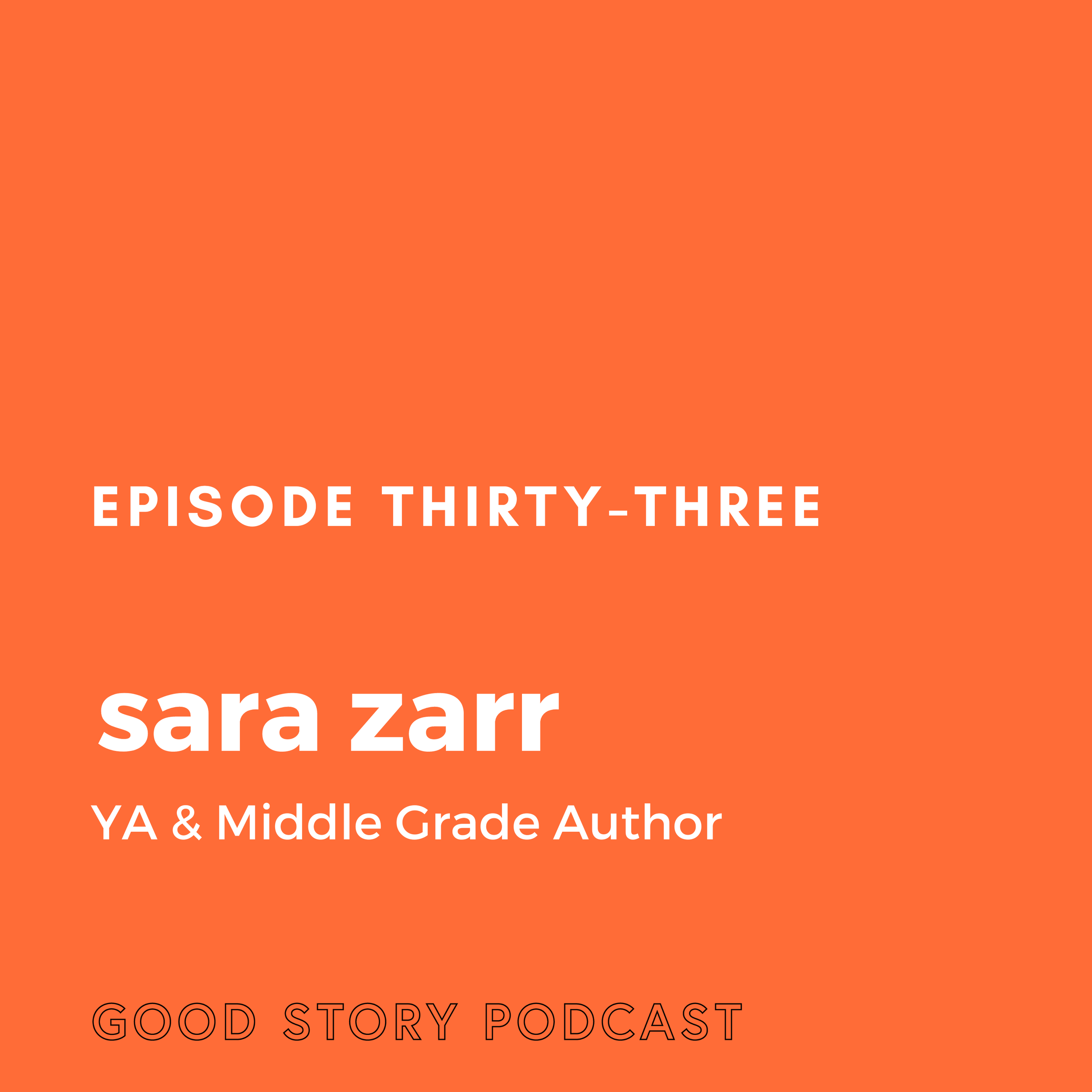
Episode 33: Sara Zarr, YA & Middle Grade Author
Sara Zarr brings insight and personal experiences to surviving the sudden and drastic changes within the YA marketplace, such as the popularization of certain YA genres and how that affects YA authors who specialize outside of those genres.

Writing Realistic Dialogue
When done right, writing realistic dialogue isn’t simple because people aren’t. Here are some tips and tricks for writing dialogue that sounds natural and fits the character who’s speaking.
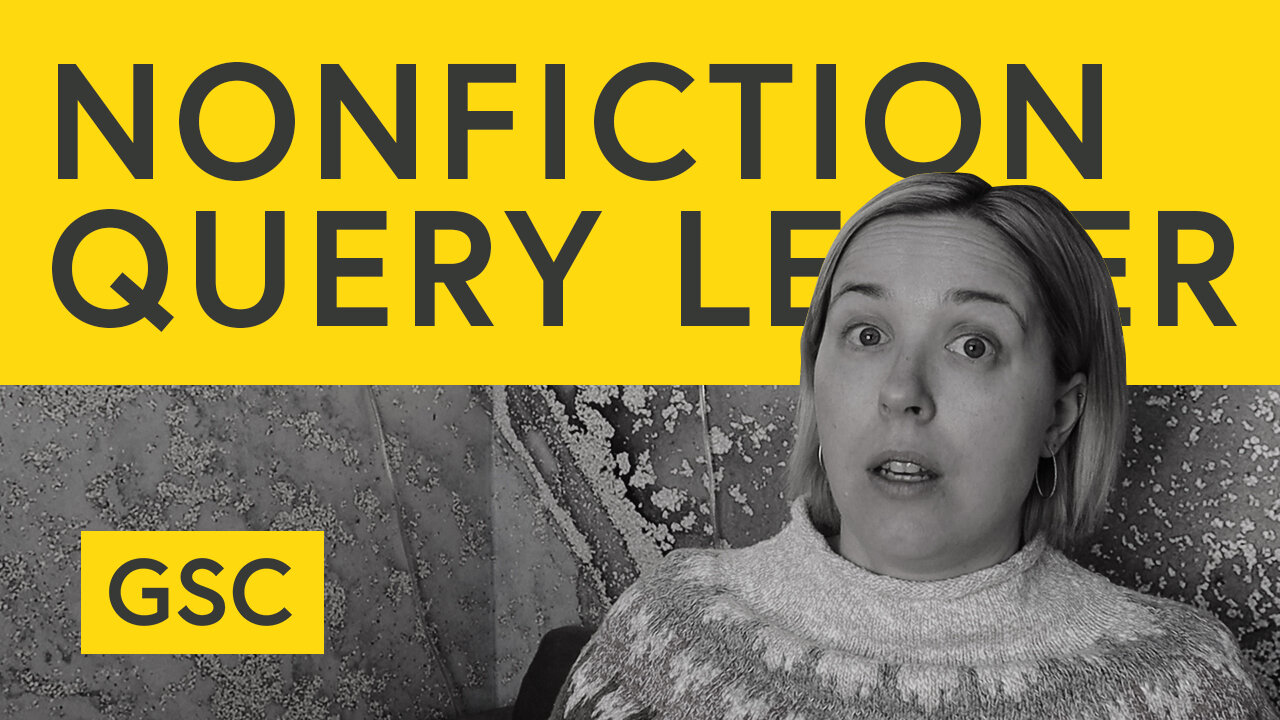
Nonfiction Query Letter
A nonfiction query letter doesn't hit the same points as a fiction query letter. Here are three key elements to include in the query letter for your nonfiction project.

40 GOOD IDEAS FOR BOOKS to Get You Inspired
Uncap those pens, pop open those PCs, and crack your knuckles. It’s time to dive into good ideas for books, and how to brainstorm. Good Story Company is here to help you stay inspired with our quirky list of good ideas for books.
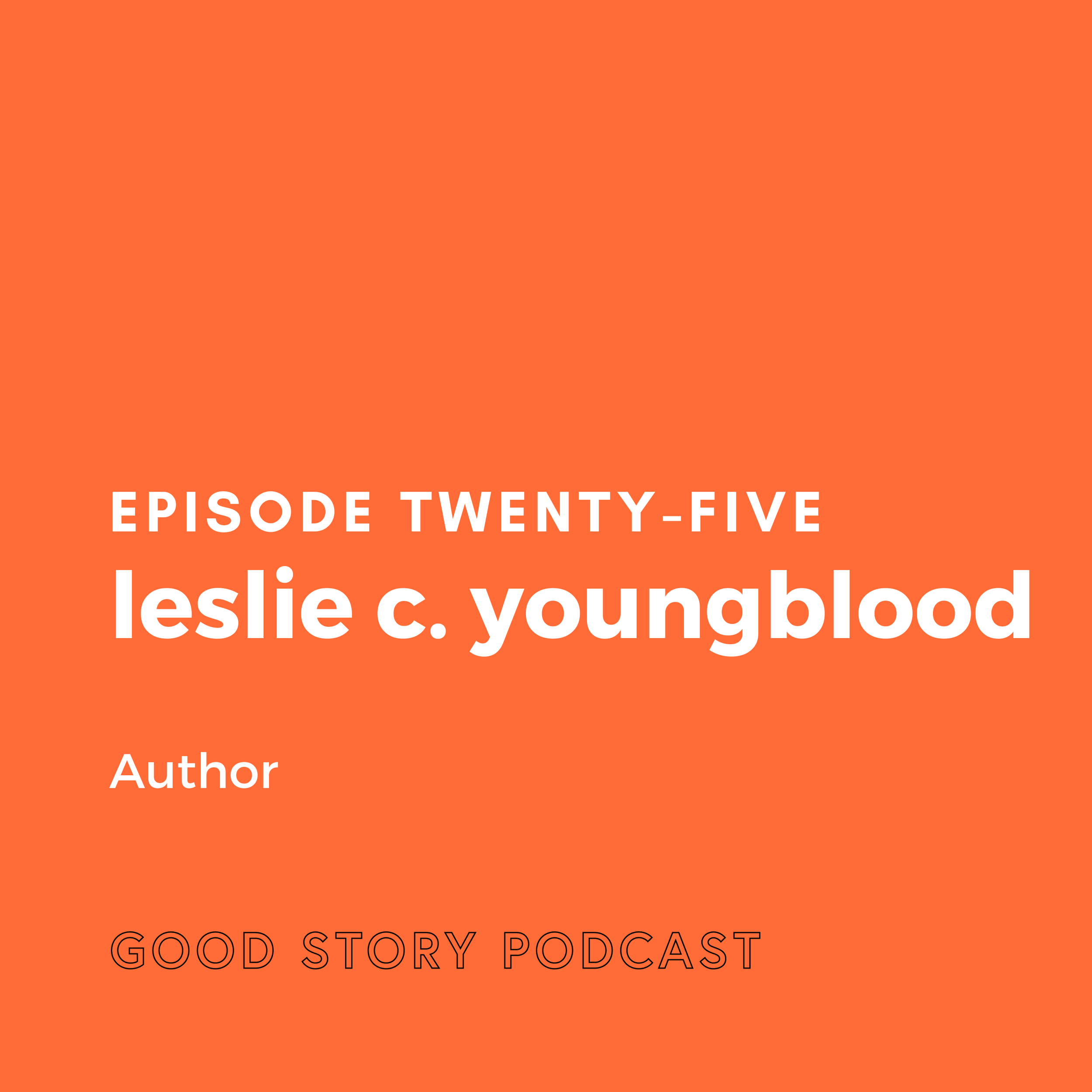
Episode 25: Leslie C. Youngblood, Author
Leslie C. Youngblood shares her journey through her MFA program, gives tips on crafting interesting character relationships, and weighs in on one of the hottest questions for authors today: traditional or self-publishing?

The Young Adult Fiction Market with Sara Zarr
Join Mary Kole and Sara Zarr as they talk about the complex realities surrounding publishing and becoming a career author within a rapidly shifting YA and Middle Grade marketplace. Sara Zarr brings insight and personal experiences to surviving the sudden and drastic changes within the YA marketplace.
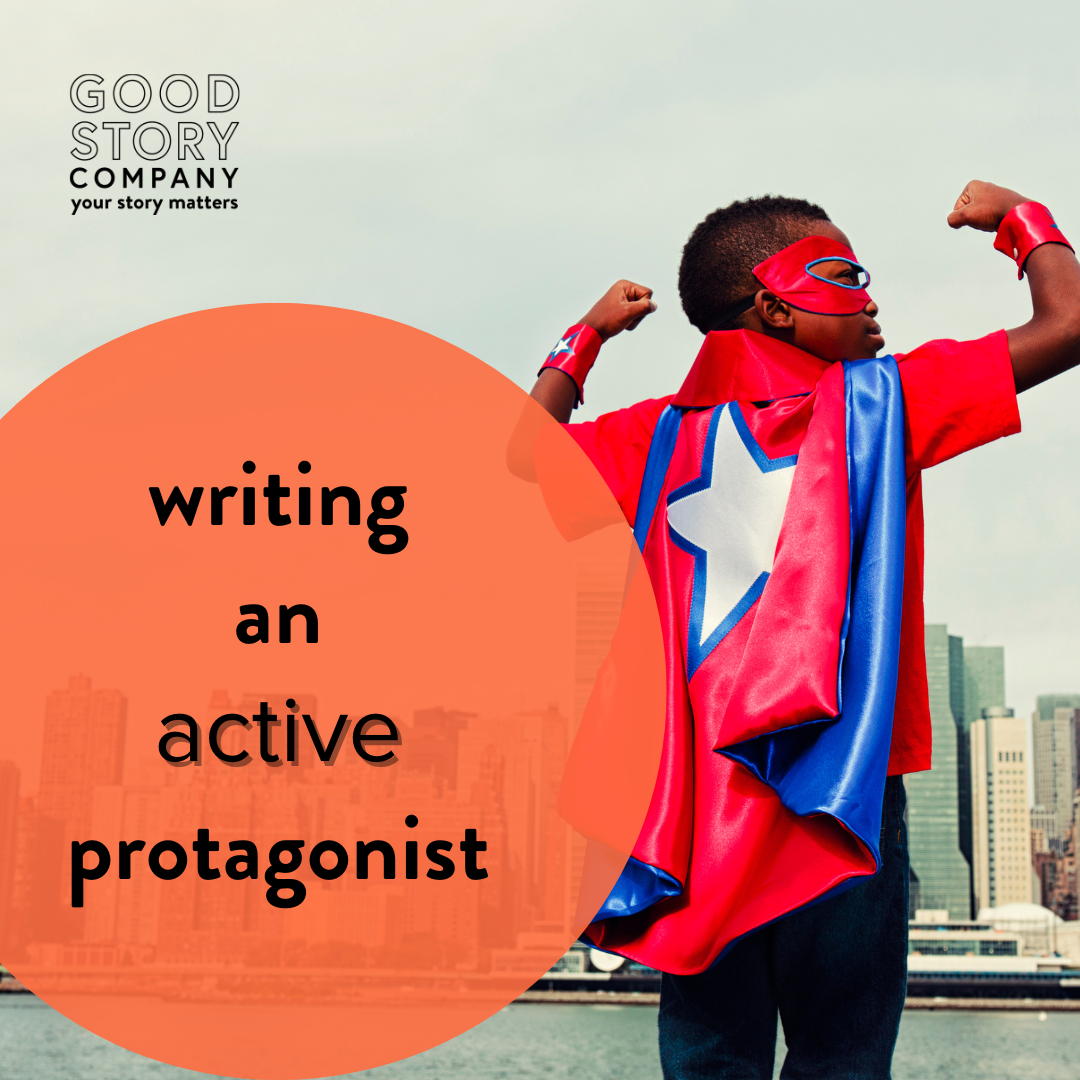
I Need a Hero: Writing an Active Protagonist
An active protagonist drives the story. Meaning? Your main character should want specific outcomes and fight for them. That’s where the conflict in the story comes from: everything that fights back. For tips on activating the hero of your story, read on.

Picture Book Author Illustrator
If you’re writing a picture book, how should you handle illustrations? Let’s compare illustrating your own manuscript, finding another illustrator, or leaving it to the publisher.
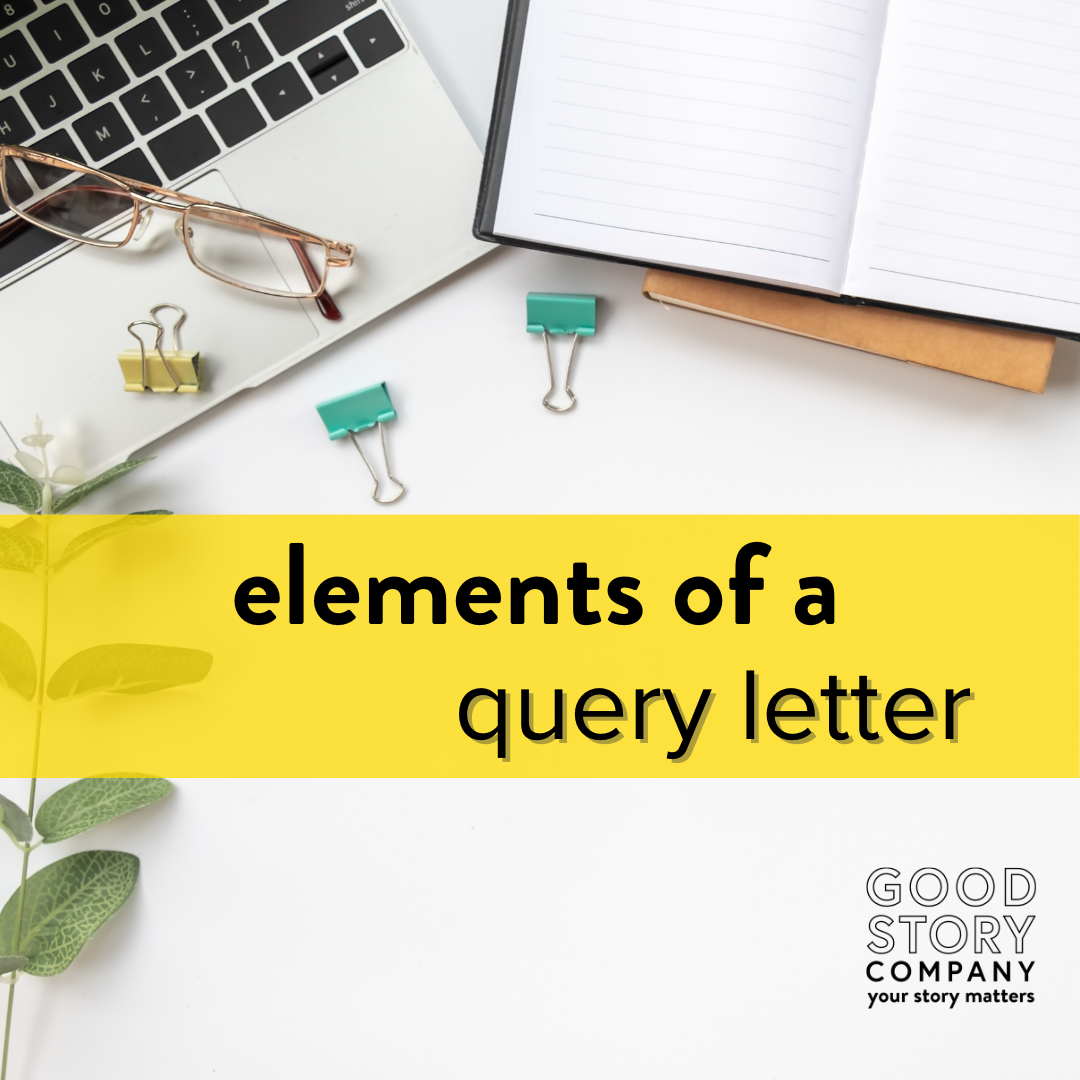
Elements of a Query Letter
One query letter sent to the right agent … and an offer of representation comes your way! Of course we writers stress about our queries. We’ve poured so much into our manuscripts, and we only get a few hundred words to pitch them! Let’s go over the elements of a query letter to improve your chances of getting that wonderful phone call one day.

Writing The Opening Line
The opening line is your first opportunity to make an impression and entice your readers. You should want the opening line to work for the story and be meaningful, but at the same time you don’t want it to do too much. Here’s how to find that balance.
